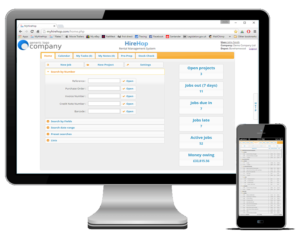Some hire companies in the UK have been worried about the 2012 Digital Switchover and the loss of UHF channel 69 that was used by their radio equipment working on channels 69 and 70 (UHF frequency range 854-865 MHz), in particular, which radio mic frequency to use. To simplify things we will explain what you need to know and if you can use your equipment.

The UK Government has sold off the channel 69 UHF radio spectrum in 2012 for what was called the 2012 Digital Switchover. What this means is that all walkie talkies, radio mics, in ear monitors and other UHF radio equipment in the UK from 1st January 2013 can’t use channel 69 (UHF frequency range is 854-862 MHz), however channel 70 (UHF frequency range 863-865 MHz) is still usable and free to use without the need for a license!
If you are running channel 70 (UHF frequency range 863-865 MHz) on walkie talkies, radio microphones, in ear monitors (IEMs) or other radio equipment, you can carry on using them for free as the changes do not effect you. However, if your equipment uses channel 69 and does not use channel 70, you can not use it or hire it any more in the UK and must move to channels 38-40 (UHF frequency range 606-630 MHz).
The move only effects channel 69 users who must now use channels 38-40 (UHF frequency range 606-630 MHz). To use the new channels you must apply for a licence either online or by phone from JFMG which costs £75.00 for a 1 year multi-site licence, or £135.00 for a 2 year multi-site licence (these are their published online prices).
For some users, there is still one problem if you intend to use channel 70, in that it is not a very wide band which means that you are limited on how many different frequencies within the band you can use, you will be lucky to get 5, thus you can really only use upto 5 radio mics (or in-ear-monitors) together using only channel 70. Walkie talkies all need to share the same frequency, so for them it is not a problem, however if you need to run lots of different frequencies at the same time all on channel 70, for example more than 4 radio mics, you will run into problems.
Lastly, if you have a long term hire, like in a theatre or at a conference venue, you can apply for a coordinated fixed-site licence from JFMG. These licences are not shared, reduce the potential of interference from anybody else trying to use their own radio system on your frequency and are specific to a particular location, using a particular frequency. Coordinated site licences can be in a wider frequency range (depends on your location) to that of a multi-site license, and are available from JFMG, from £28.00 per license.

